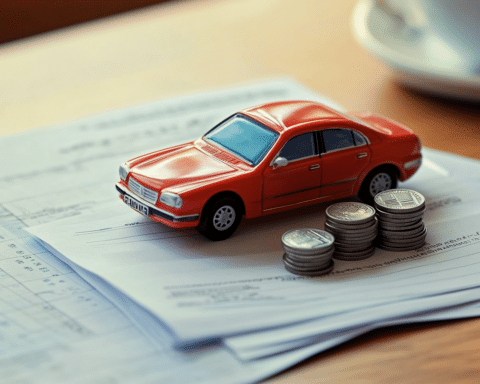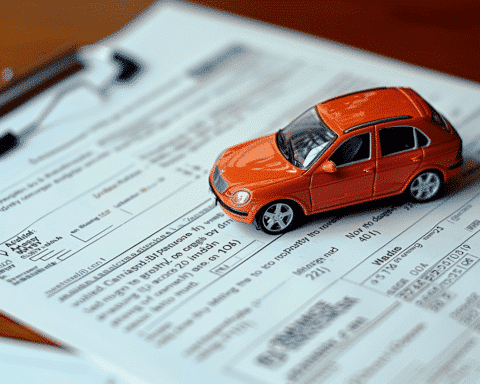Insurance companies use a formula to determine when a vehicle is considered a total loss. The key factor is the Actual Cash Value (ACV), which is the amount the car would be worth if sold for cash. This is not the same as the amount paid for the vehicle or still owed on an auto loan.
Once the ACV is determined, the insurance company will compare it to the cost of repairs. If the repairs exceed a certain percentage of the car’s value, the vehicle is considered totaled. The exact percentage threshold varies by state, but it is usually around 80%.
In this particular case, the car had an ACV of $10,000, and the cost of repairs was estimated to be more than 80% of that value, making it a total loss.
Dealing with a Total Loss
When a car is deemed a total loss, the insurance company will pay the ACV to the car owner. In exchange, the car owner must provide the car title. If the car owner owes more than the ACV, they will be responsible for paying the difference.
Insurance companies often auction off totaled cars to dealers or scrap companies for parts. However, if the car owner decides to keep the car and repair it themselves, they must pay the insurance company the amount that would have been received at auction.
Negotiating a Fair Payout
If you find yourself in a situation where you owe more than the ACV, it’s essential to negotiate with the insurance company to get a fair payout. Attempting to negotiate with the lender to decrease the balance is unlikely to be successful.
Settling for less than what you owe will show up on your credit report and lower your credit score. A better option is to consider adding gap insurance to your policy.
The Benefits of Gap Insurance
Gap insurance is an optional coverage that can be added to your policy to cover the difference between what you owe on your auto loan and the ACV of the car. It’s common for dealerships or lenders to offer gap insurance and add it to the loan amount, but it’s likely to be more expensive due to interest on the coverage. Adding gap coverage to your insurance policy is a better option than rolling it into your loan, as gap coverage through your insurer is likely less expensive and interest-free.
If you owe more than your car is worth, it’s important to negotiate with the insurance company and present evidence as to why your car is worth more than they say it is. Upgraded components or enhancements can increase the value of your vehicle. Gap coverage is a nice backup to have in case you need it.
Continuing to Make Payments and Considering Cheaper Options
Even if your car is totaled, it’s essential to continue making payments on the car loan to avoid defaulting and hurting your credit score. If you’re struggling to make payments, consider buying a cheaper car to avoid accumulating more debt.
So, dealing with a totaled car can be stressful and overwhelming, but understanding your options and negotiating with your insurance company can help you get a fair payout and avoid financial hardship. Adding gap insurance to your policy is a smart option for those who still owe money on their car loan.




